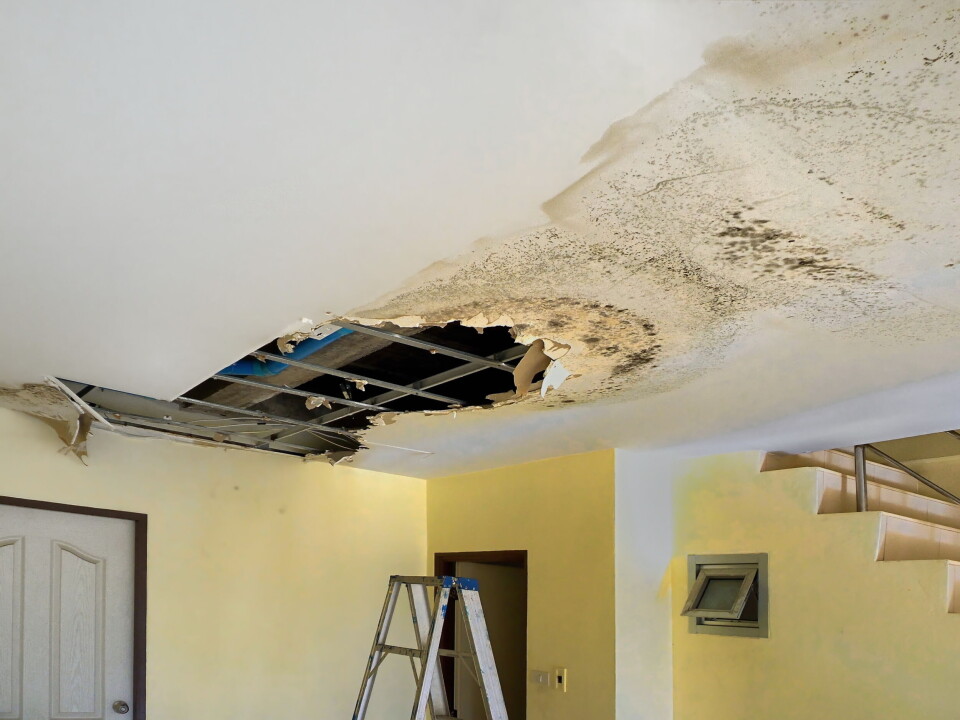-
French couple must change windows after complaint over transparency
Replacement windows were the same size but glass used was transparent not translucent
-
Another French village bans drinking water for vulnerable people
Official advice has been issued on who is affected by the ban and why
-
Map: check the quality of your tap water in France
We explain how to use the free and interactive online tool
Water leak law is also for French second homes
A law limiting large water bills due to leaks can apply whether or not the property was occupied at the time.

The clarification, which will come as good news to owners of holiday/second homes, was in a recent answer from the Ecology Minister to an MP.
Under this law, as soon as a water supplier notices a sudden, unexpected increase in the volume of water used by a household, it must inform the owner as soon as possible.
The likely cause of the increase would be a leaking pipe on the property.
If the householder then carries out necessary repair work within a month, they will not have to pay the full invoice for water lost to the leak.
Liability is limited to a max-imum of twice the average consumption for the property over the period.
To avoid the full bill, the householder must submit, by registered letter, a certificate from a plumber indicating that the leak has been located and repaired within a month of being notified of the increased consumption.
You can find a template letter at tinyurl.com/yypo4gte.
If no leak is discovered, you should ask, also within one month of notification, for the firm to check the meter (compteur). If a problem is found, you will not pay the additional part of the bill.
If no problem is found, you have to pay the bill, plus a charge for the checks.
Partly thanks to these laws, consumer associations have often advised against assurance fuite d’eau – water leak insurance – which is included as an option in many home insurance contracts. It partly pays for the extra water bill, plus having a plumber do repairs.
It is not obligatory and not having it can save around €70/year. Consumer associations claim it is unlikely to be good value for money. They say there are often exclusions in the fine print which make reimbursement difficult.
























